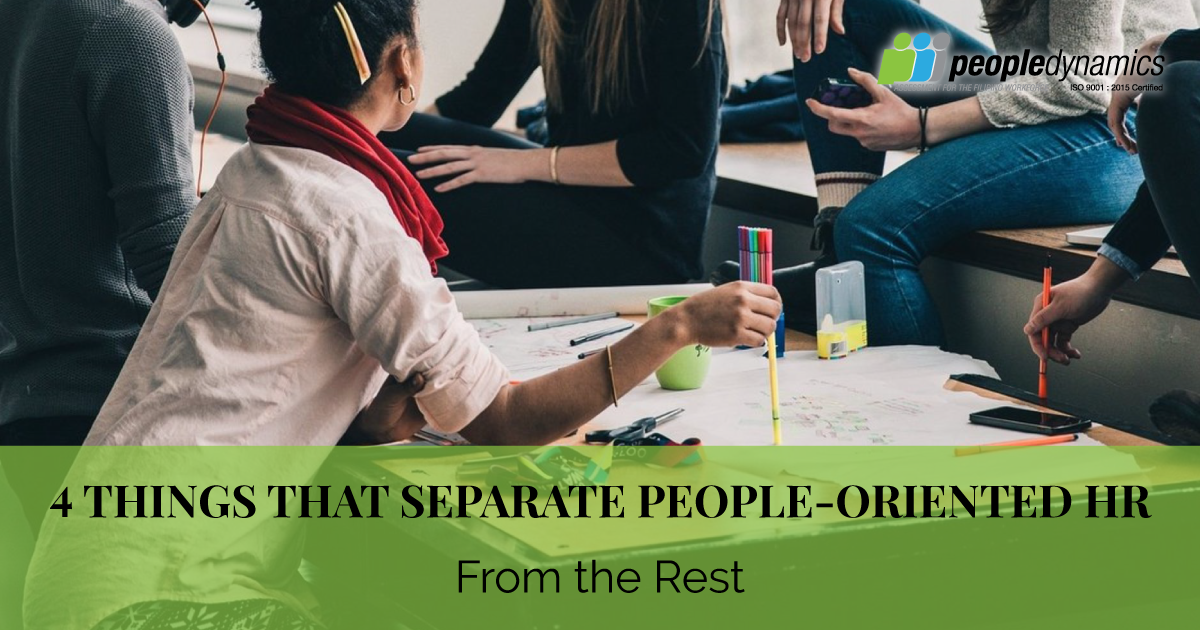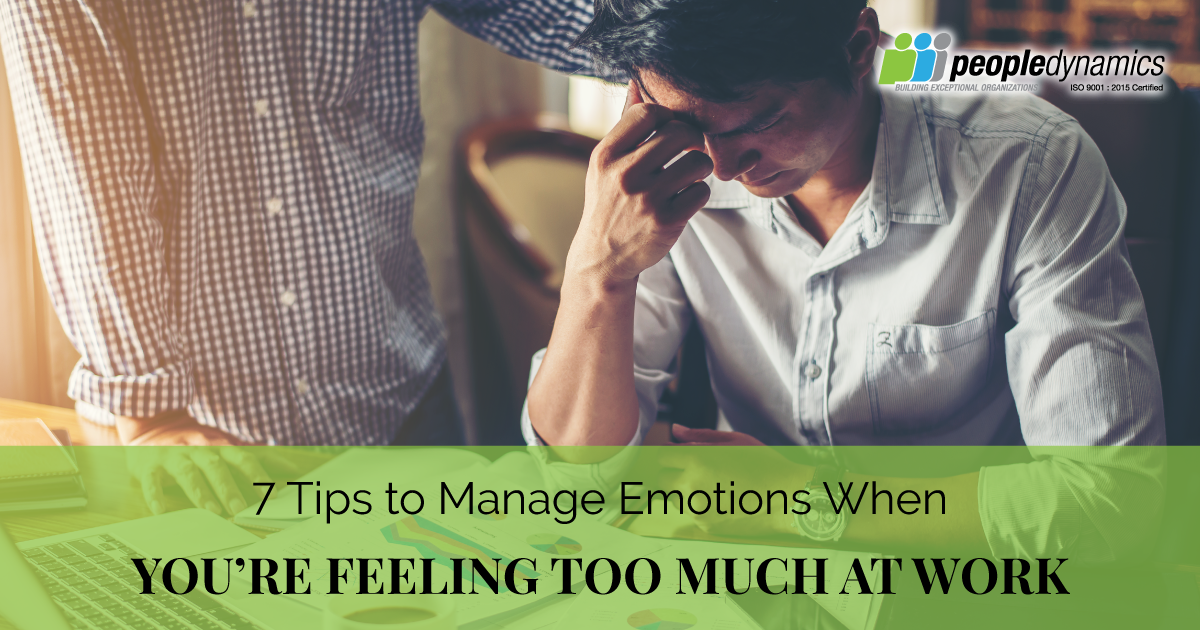People-oriented culture is one that drives trust, relationship building, and leadership through mutual understanding, which often allows for significant improvements in loyalty, productivity with less management, and a culture of feedback.
People-oriented HR can be extremely valuable because it drives human change inside organizations. People-oriented HR professionals foster development and invest in loyal employees, which can work to reduce turnover, improve employee loyalty, and allow you to develop leadership internally.
Hiring those people or developing those traits in existing employees means recognizing the traits that make up “people-oriented” HR. We outline a few of these below.
Emotional Intelligence
Emotional intelligence is defined as the capacity to be aware of and interact with one’s own emotions and to extend that to others, especially in interpersonal relationships.
People with high levels of emotional intelligence are able to judge situations empathetically and judiciously, making decisions that take another person’s emotional state and wellbeing into account.
In HR, this translates to making decisions for medical leave, time off, flex work, role placement, and so on based on the individual, their emotional state, and how each decision impacts them. Over the long-term, this can greatly contribute to increased employee loyalty, increased employee happiness, and better work culture.
While emotional intelligence encompasses a range of traits and behaviors, most assessment centers include EQ testing.
Coaching
While HR should not and does not typically directly coach teams, members of HR should naturally take on the role of coaches. A coaching-oriented HR employee will go above and beyond to ensure that individuals understand new rules and regulation, will take a more proactive role in onboarding, and will work with leaders to ensure HR measures are adopted.
Over time, HR people who excel at coaching will be able to improve the impact of training and development, will help individuals better understand company policy and problems, will help individuals develop towards competencies that impact bottom line, and will work with managers and individuals to facilitate the delivery of information and training.
Relationship-Building
Relationship building is one of the most important skills in people-oriented HR, because it follows the simple act of prioritizing a person and their long-term performance and ability over instant results. This can take form in a long-term development tract to help an individual struggling in a role but is most often valuable in simple relationships.
If your HR team knows your employees and your teams, they can work together with operations, can develop individuals to cover weak spots, can better-target candidates for leadership and development, and can improve performance appraisals by helping individuals to recognize where they’re going wrong.
Relationship building doesn’t mean that every HR person has to be very outgoing or extroverted. Instead, it means they have to prioritize people and their long-term development, be willing to and interested in getting to know individuals, and able to see and recognize opportunities and potential in people.
A Focus on Motivation
Motivation-based leadership is a trait that will greatly influence productivity but on a human level. If your HR teams can step in and truly motivate people to do quality work in a timely way, motivate people to be passionate about their projects, and motivate people to be involved with their teams, your organization will see results.
While motivational styles vary, they most-often heavily rely on an individual’s ability to understand people, what drives them, and why. An individual with a focus on motivation will ask questions, ask why or why projects aren’t being done, what affects work, what impedes work, why culture works a certain way, and so on. Most importantly, they will suggest changes based on feedback in order to improve those factors.
Focusing HR on people is one of the best steps you can take to improve company culture, performance, and development. People-oriented HR teams care about how people feel, so they can drive individuals forward with motivation, empathy, assistance, and understanding of who each person is and what they are capable of.




